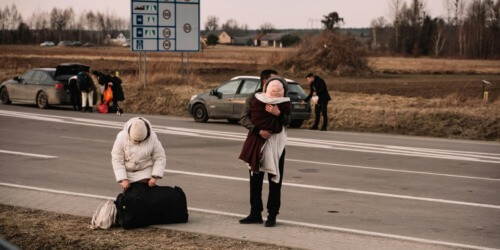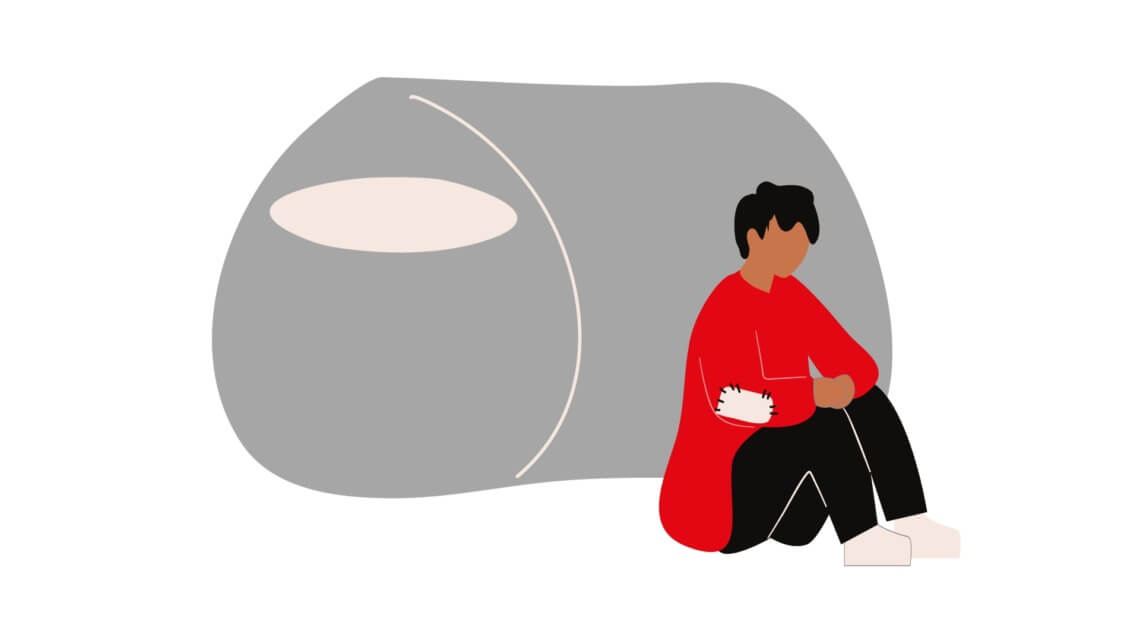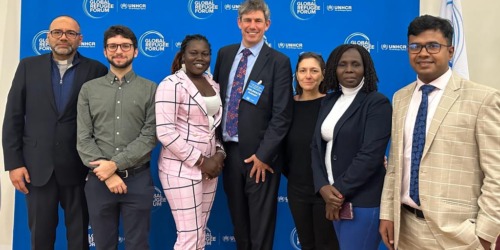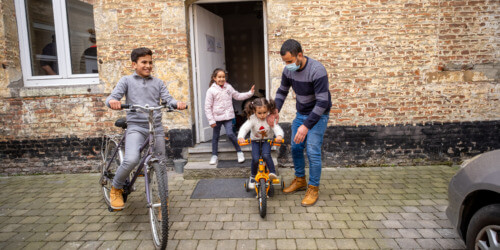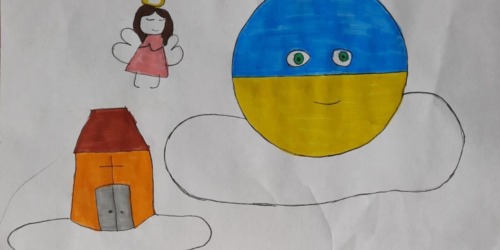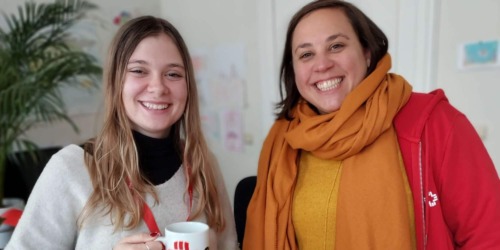The Xtra MENA project team of CAW Brabantia – Antenna Caritas International – has been present since 2018 in the places where these young people can be found. The team’s people have a good understanding of the barriers and difficulties the young people face. Based on the knowledge gained, the team provides intensive support and advice on future choices for the young people. In this way, we aim to reduce the number of unsettling disappearances and create more confidence to guide the young people into a formal system.
In XTRA MENA, a 2021 report, the Xtra MENA team already made recommendations on the need for pre-reception. Based on those recommendations, Médecins Sans Frontières organized a pilot project to provide shelter for young people in transit. This gave these young people a chance to reflect on their situation in peace and safety. “As people on the ground, we find that young people are much more open to the information offered and ask questions more easily when their primary needs are met, when they can rest, feel safe and confident,” says Jeanne.
Since May 2023, young people in this situation have been accommodated at the AMRAM and Dubrucq centres during the first three months. Without having to register anywhere. This is an important step forward. But the needs remain significant. The phenomenon of unaccompanied minors in transit is not something temporary. We therefore advocate continuing these projects and expanding the number of initiatives. This will make it possible to be more personal and to invest in high-quality counselling.
